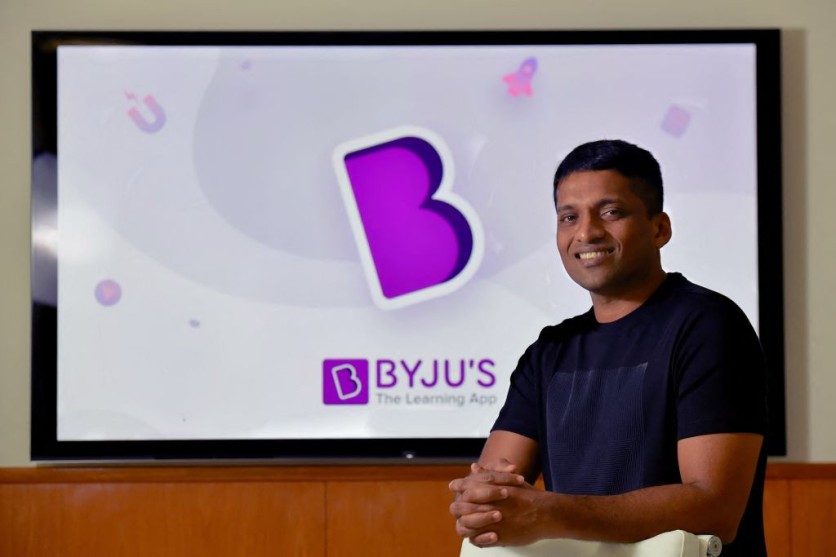Due to operational and financial problems, Byju's, a once highly valued edtech start-up, has gone under a severe decline. According to experts, this is a necessary adjustment to the Indian startup boom.
Byju's was founded in 2011 and released its learning app in 2015. By 2018, it had already amassed over 15 million customers.

Prospering During the Pandemic
In 2021, Byju's spent over $2 billion acquiring ed-tech start-ups and businesses following their success during the pandemic. It surpassed Paytm to become the most valued start-up in India. The company spent millions upon millions on marketing, using Lionel Messi and Shah Rukh Khan as its brand ambassadors. Byju's also became an official sponsor of the FIFA World Cup 2022 and the primary sponsor of the Indian cricket squad.
Signs of Failure
The company saw tremendous growth during the Covid-19 pandemic. However, Byju's reported a $327 million loss in 2021, a 17-fold increase from the previous year. Their main stakeholder and investor, has reduced the company's worth to just $5.1 billion. Inquiries from BBC were left unanswered.
Despite possible downturns, Byju's expanded and investors kept investing in the business after the pandemic. Aniruddha Malpani, an angel investor, criticized the business strategy, saying the firm had "paper fortunes" and a huge discrepancy between value and valuation.
Customer and Employee Complaints
Parents have voiced complaints to the corporation about Byju's inability to deliver on obligations, forcing them into expensive courses, as well as failure to provide promised services.
In addition to this, former company employees also complained of a high-pressure sales atmosphere and incredibly unrealistic goals, while others charged them with exploitative behavior.
In order to reduce expenses, the company terminated the employment of hundreds of workers in just the last year. Byju's denies the allegations and is facing government investigations.
Byju's Legal Troubles
Their Bengaluru office was searched by Indian police back in April for possible breaches of foreign currency rules. The company denied misconduct and guaranteed employee adherence.
Lenders filed a lawsuit against them in May for failing to make loan payments, violating loan terms, and diverting money through its subsidiary Alpha. Following a roughly $40 million interest payment default, Byju's filed a harassment lawsuit against the lenders in June.
This event caused a series of layoffs that fired roughly over a thousand workers. Due to the late arrival of the financial statement submission, Deloitte Haskins and Sells Llp resigned as auditors.
Byju Raveendran, his wife Divya Gokulnath, and his brother Riju Raveendran are now the only remaining board members after the other three resigned. The company is currently negotiating a financial restructuring.
BigBasket, the largest online grocery in India, condemned Byju's for falling short of the necessary requirements. He said that the pandemic's abrupt return to normal, which has impacted all ed-tech companies, is the sole reason for the delay in releasing financial accounts.
The potential of the industry, according to experts, was overstated during the epidemic, and technology by itself is insufficient.
Dr. Malpani stated that secure spaces, adult supervision, and peer-to-peer learning for kids are needed, also saying that "Byju's was essentially selling hardware, like its tablets, with the study material that could be found online for free,".
Start-ups valued at a "stratospheric, unrealistic level" during the pandemic are now being valued at "realistic levels". According to experts, startups should operate like publicly traded companies.
Although Byju's has agreed to establish an advisory council, observers feel that it has not yet demonstrated a will to address its mistakes.

ⓒ 2025 TECHTIMES.com All rights reserved. Do not reproduce without permission.




